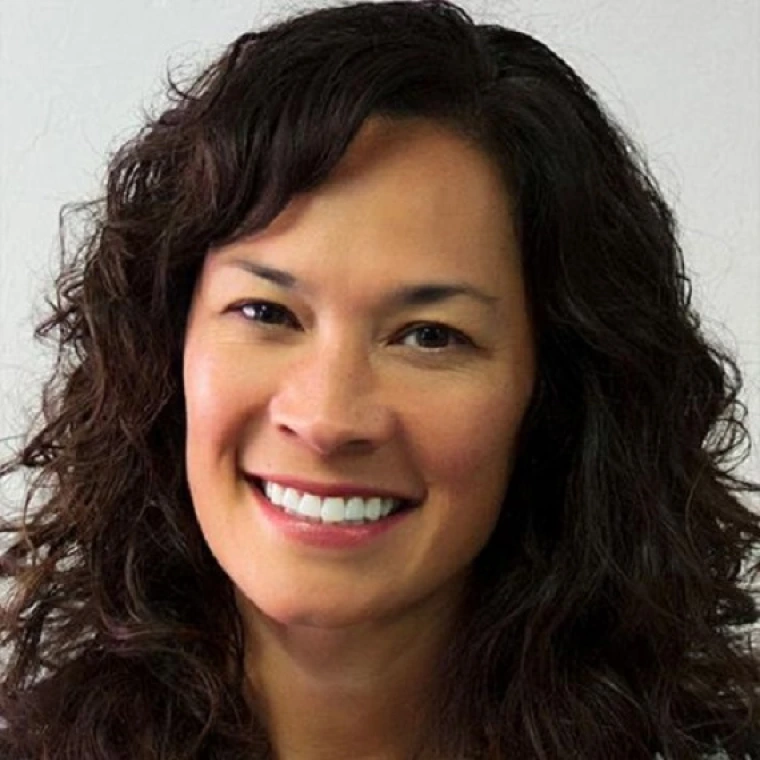Kristine A. Huskey
Kristine Huskey, J.D., is a Clinical Professor and the Director of the Veterans Advocacy Law Clinic in the James E. Rogers College of Law, where she teaches clinical legal education, Constitutional law, international human rights, national security law, and law of armed conflict. She also directs the College of Law’s Clinical Program.
She has taught national security and international human rights and humanitarian law across the country and globally, including at Texas School of Law, Washington College of Law, American University, George Washington University Law School, Georgetown University Law Center, Howard University, and Victoria University Law School in Wellington, New Zealand.
Professor Huskey has worked in the policy arena and practiced law in Washington, D.C., on issues involving human rights, national security, foreign affairs, and military affairs. She was one of the first lawyers to represent Guantanamo detainees and was on the legal teams in both Rasul v Bush (2004) and Boumediene v Bush (2008). Professor Huskey chronicled her experiences of challenging the Government during the early Post-9/11 years and visiting the Guantanamo Detention Center in Justice at Guantanamo: One Women's Odyssey and Her Crusade for Human Rights, published in 2009. She also represented the Holy Land Foundation on appeal after it was convicted in the largest terrorism financing trial to date as well as filed amicus briefs in Arar v. Ashcroft and Hamdan v. Bush (2006).
Professor Huskey writes on issues involving veterans, criminal justice, international human rights, military affairs, and national and international security. The University of Missouri-Kansas City Law Review recently published her article, “The Case for Tribal Veterans Healing to Wellness Courts,” which addresses the intersection of veterans treatment courts, restorative justice, and Tribal Healing to Wellness Courts.
Professor Huskey also enjoys helping her students connect and access opportunities. During her tenure as co-chair of the American Society of International Law interest group, Women in International Law, she helped to develop a global mentoring program for young women interested in pursuing international law as a career. More recently during COVID and to counter the isolation of Zoom school, she established the online “Human Rights Coffee Corner,” for her students to gather informally and to meet human rights lawyers across the globe to discuss career paths.


